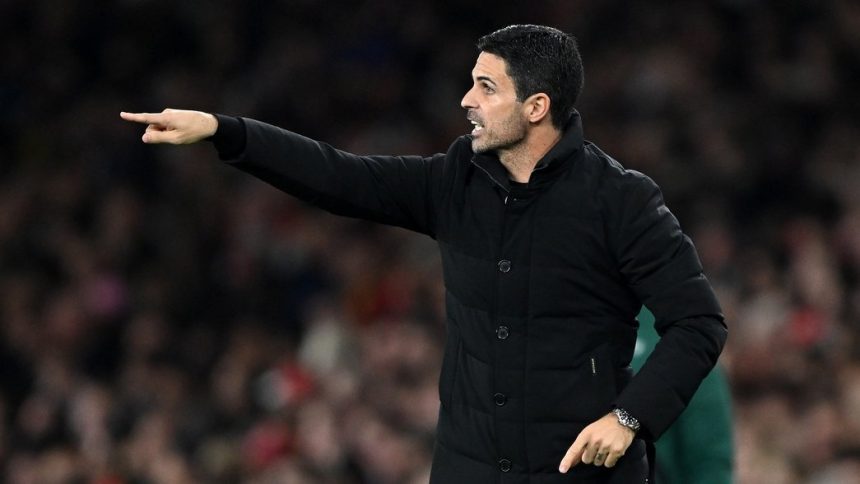By Brian Matambo
Arsenal walked off the Emirates pitch with a 2–0 win over Olympiacos, their second victory in as many Champions League fixtures, and while the scoreline suggests control, the night carried its share of turbulence.
From the opening whistle, Mikel Arteta’s side looked alive. The first half was a showcase of fluency: quick passing, intelligent movement, and a captain who played like a conductor. Martin Ødegaard, in particular, seemed reborn. Every touch was precise, every pass threaded with the accuracy of a surgeon, and he repeatedly carved open the visitors’ backline. It was his orchestration that gave Gabriel Martinelli the chance to open the scoring, pouncing after strong centre-forward play had unsettled the Olympiacos defense.
But Champions League football rarely allows for one-sided evenings. Olympiacos returned after the interval with adjustments that disrupted Arsenal’s rhythm. Suddenly the crowd, buoyant and smiling in the first half, grew more anxious as the Greeks began to probe. A fierce effort midway through the second period forced David Raya into a vital save, a moment Arteta later admitted was key to preserving the clean sheet.
It was in these minutes that Arsenal’s depth and resilience were tested. Six changes had been made to the starting eleven, and as the visitors pressed harder, Arteta leaned on his bench. The substitutions injected energy, rebalanced the midfield, and re-established Arsenal’s control. Then, as if scripted, Bukayo Saka entered and delivered the knockout. His late strike—calm, composed, and decisive—released the tension inside the stadium and reminded everyone why Arsenal’s strength lies as much in its variety as in its stars.
For Arteta, it was another small marker on a personal journey. The victory happened to be his 299th match in charge of Arsenal, with his 300th awaiting at the weekend against West Ham. He admitted he hadn’t realized the milestone was so close, but he spoke with gratitude about the honor of serving the club this long, his tone a mix of humility and quiet pride.
There was also history in the air. On this very date back in 1996, Arsène Wenger had taken charge of his first Arsenal game. From Wenger arriving anonymously on the London Underground to Arteta now standing at 300 games, the symmetry wasn’t lost on those who have followed the club’s modern evolution.
The numbers, too, tell their own story: fourteen straight home wins in the league phase of the Champions League, eleven clean sheets in that run. It is a measure of progress, of consistency, of a team maturing. Yet the manager’s message was simple: be more ruthless. The chances must be taken, because opponents of this caliber only need three or four moments to hurt you.
Still, Arsenal end the night where they wanted to be—six points from six, a squad thriving on internal competition, and a captain returning to his best form. The road ahead is demanding, with West Ham in the league and Atlético Madrid in Europe looming, but for now the table looks promising, the mood is confident, and the journey continues.



Leave a Reply